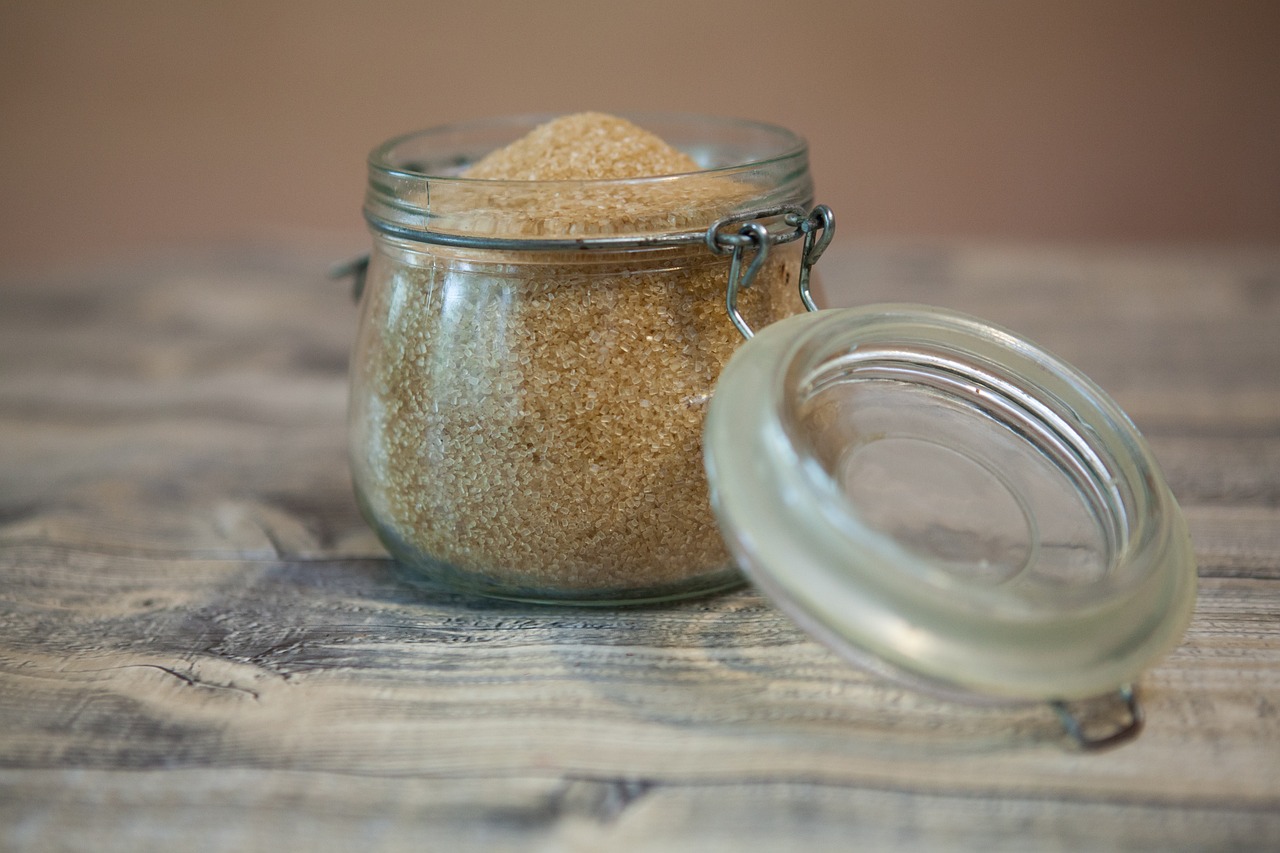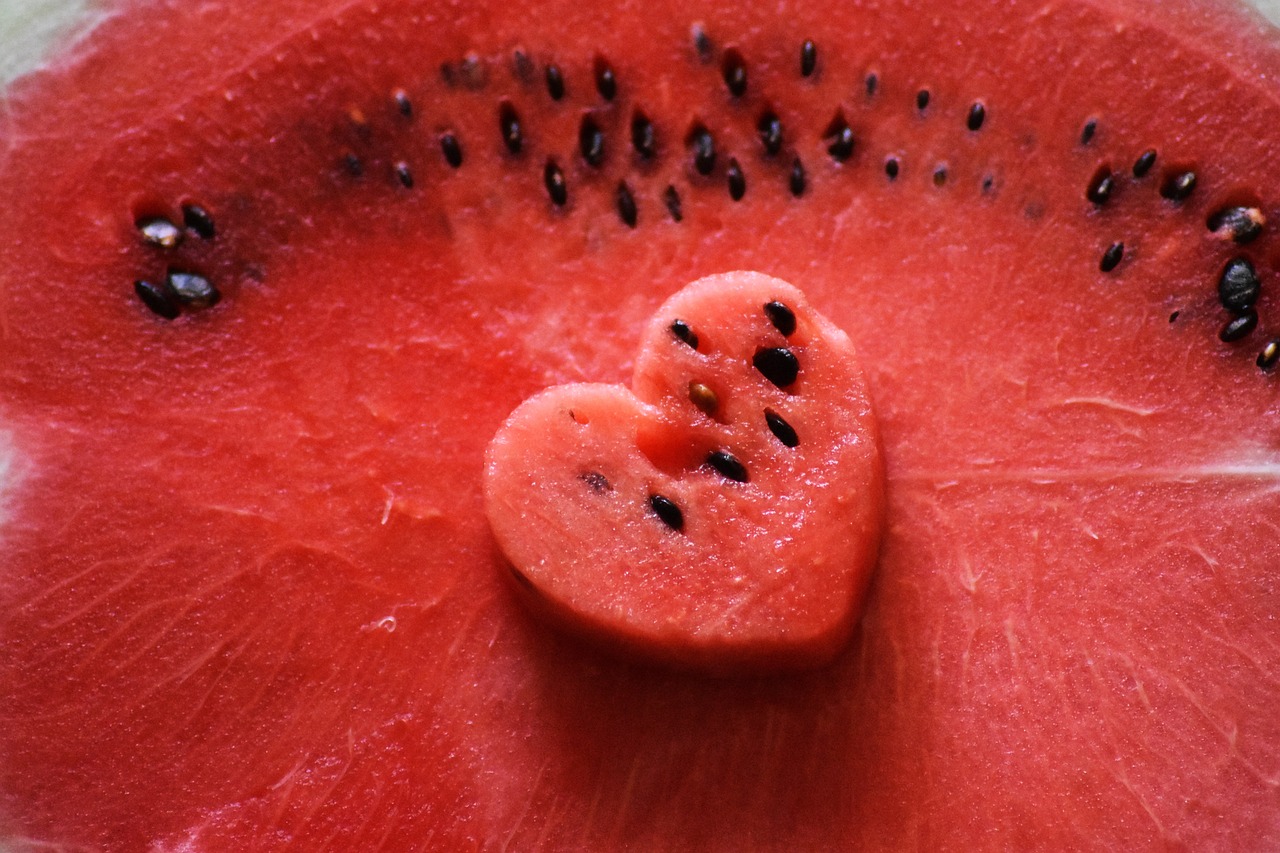Click to Skip Ahead
Our dogs can enjoy quite a few items we have in our fridge or ripening on our counter. They delight in fruits, vegetables, and grains the same as any human. However, when it comes to processed foods with multiple ingredients, that’s where things get a little muddy.
Flour tortillas might contain some of the same ingredients you see in dog food, so you might think it’s fine. Although flour tortillas aren’t toxic to your dog and they can technically eat them, they aren’t the healthiest choice for your pooch. So, if your dog steals a bite of flour tortilla, they will be fine, but you should keep the tortillas off their menu.
Flour Tortillas Won’t Hurt Your Dog
To put it very plainly, flour tortillas will not hurt your dog if they consume them. So if you’re worried that your dog snatched up a flour tortilla off the counter as you were making dinner or dug one out of the trash, they aren’t going to really do much harm at all.
The only time that a flour tortilla is going to become problematic is if you are feeding them this food on a regular basis. All of the extra carbs and calories are not good for your dog, but it isn’t something toxic that will lead to immediate problems. At most, your dog’s going to experience some gastrointestinal upset and might have diarrhea or vomiting as a consequence.
If your dog is sensitive to certain ingredients in a flour tortilla, it might also cause a flare up, such as hotspots. Flour tortillas are also heavily processed and contain lots of ingredients that should really be left out of your dog’s food bowl. Like many other human foods, flour tortillas weren’t designed with dogs in mind.

Flour Tortillas Aren’t Healthy for Dogs
There are no benefits of feeding your dog flour tortillas, other than it might curb their voracious appetite for a few seconds. Here are a few components of flour tortillas that aren’t healthy and could create problems in the long run.
Flour
The flour isn’t necessarily a toxic ingredient for dogs. In fact, it’s safe for most dogs to eat in very small amounts. However, it’s not a necessary part of their diet and should never be introduced on a daily basis.
Flour is a very common component in dog treats and dry kibble as it provides a source of carbohydrates and sustenance for the food’s foundation. It can also provide your dog with a certain level of nutrients and vitamins.
However, flour can be very irritating for some dogs and can essentially serve as empty calories in some cases, such as with a flour tortilla.

Gluten
While rare, some dogs are gluten sensitive meaning that they need it completely eliminated from their diets. Unfortunately, if you feed your dog a flour tortilla, they will have a belly full of gluten. Gluten intolerance can cause a number of symptoms in dogs. Many include those of regular allergies.
Signs of a gluten intolerance in dogs include:
- Recurring skin infections
- Recurring ear infections
- Itching
- Hotspots
- Irritation
- Nausea
- Vomiting
- Digestive issues
If your dog experiences any of these symptoms on a regular basis, it’s best to have them evaluated by your veterinarian. They very well could be gluten-sensitive, or have another food related allergy that needs to be taken care of.

Carbs
Any heavy carb snack is really not a good idea for your four-legged companion. They have enough in their daily diet to suffice. If you add a ton of carbohydrates that your dog really doesn’t need, it can lead to a whirlwind of problems, including weight gain.
Other Problematic Ingredients
The only time you’re really going to run into an issue is if, say, you guys just had Mexican food tonight for dinner. You made some amazing fajitas and your dog snatched one off of someone’s plate. If the flour tortillas had any toxic substance on them such as onions, garlic, and other herbs and spices, then you might be running into more of an issue.
If that’s the case, we highly recommend calling your veterinarian to give them a brief rundown of what happened so they can advise you on what to do next.

Conclusion
Now you understand that your dog eating flour tortillas really won’t do much harm to them if they were just plain and your dog has no known gluten allergy. However, if you have a sensitive dog on your hands, you’re going to want to at least inform your vet of what happened.
A lot of the time, all that’s going to happen is that you will need to closely monitor them to make sure that they aren’t any real signs of distress. Just remember that human food is not dog food. If anything is processed or has any ingredients that you’re really not sure about, it’s best to keep it out of your dog’s food bowl to avoid any potential problems.
Featured Image Credit: Jiri Hera, Shutterstock












